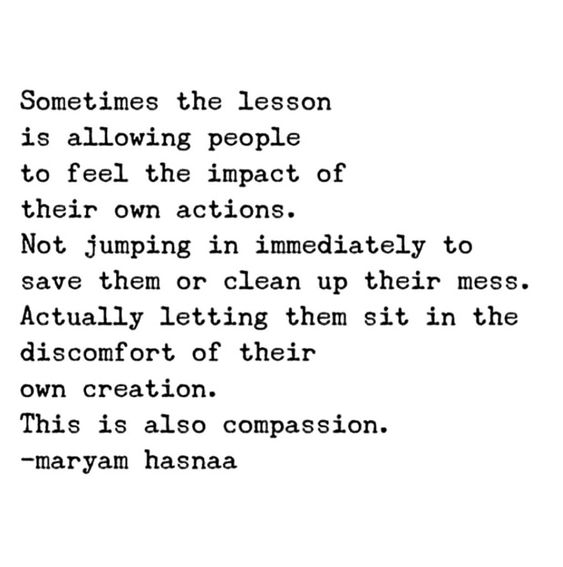The Body Keeps The Score [Book]
Book Overview: In The Body Keeps the Score, Dr. Van Der Kolk uses recent scientific advances to show how trauma literally reshapes both body and brain, compromising sufferers’ capacities for pleasure, engagement, self-control, and trust. He explores innovative treatments—from neurofeedback and meditation to sports, drama, and yoga—that offer new paths to recovery by activating the brain’s natural neuroplasticity.
Post(s) Inspired by this Book:
40 Bessel van der Kolk Quotes on Trauma and Healing from The Body Keeps The Score
26 Cole Schafer Quotes from One Minute, Please? on Love in a World of Conditions, Screens, and Pain
Excerpt: Love isn’t complicated, it’s the modern world that’s complicated. These quotes from One Minute, Please? will help you simplify love again.
Read More »26 Cole Schafer Quotes from One Minute, Please? on Love in a World of Conditions, Screens, and Pain
“When I use the word ignorance, I don’t use it in any negative sense—I don’t mean absence of knowledge. I mean something very fundamental, very present, very positive. It is how we are. It is the very nature of existence to remain mysterious, and that’s why it is so beautiful.”
Osho, Everyday Osho (Page 17)
“Literally from the first doctor’s visit with your newborn, they are telling you how your kid stacks up against other kids—their height and weight percentile, etc etc. It never stops…unless you stop it. You are not raising the average child, you are raising YOUR child. How many of the things you’re worried about as a parent would worry you if you didn’t know or didn’t look at what other families were doing?”
Ryan Holiday














